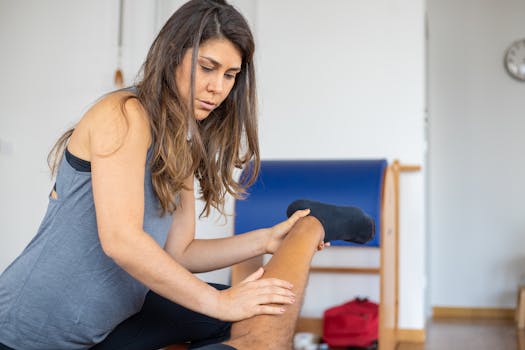You can do a physiotherapy degree course approved by the Chartered Society of Physiotherapy.
You can also do a postgraduate master's course if you already have a first degree in a related subject, like:
- biological science
- health science
- sports and exercise science
Once you are qualified and have clinical experience you could specialise in an area like sports injuries and rehabilitation.
Entry requirements
You'll usually need:
- 2 or 3 A levels, or equivalent, including biology for a degree
- a degree in a relevant subject for postgraduate study





